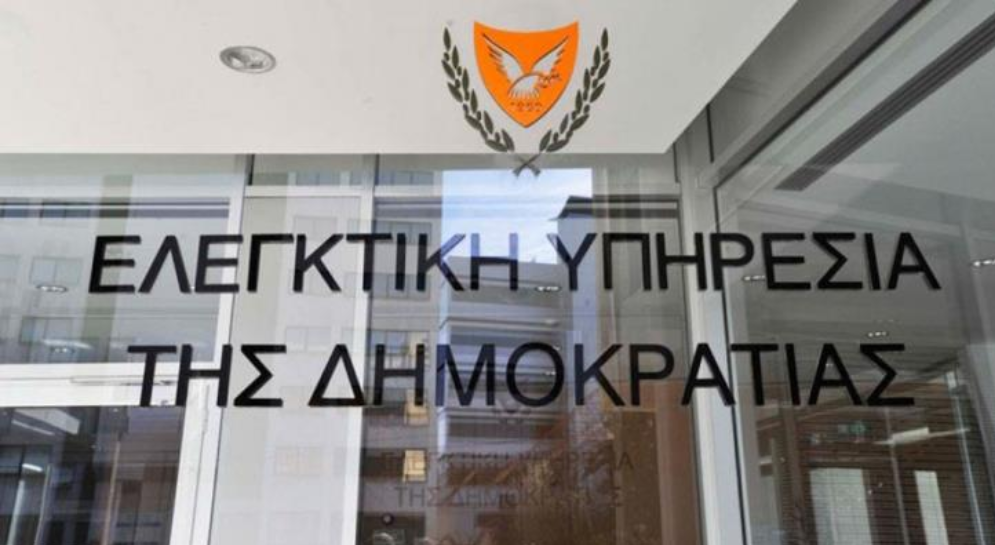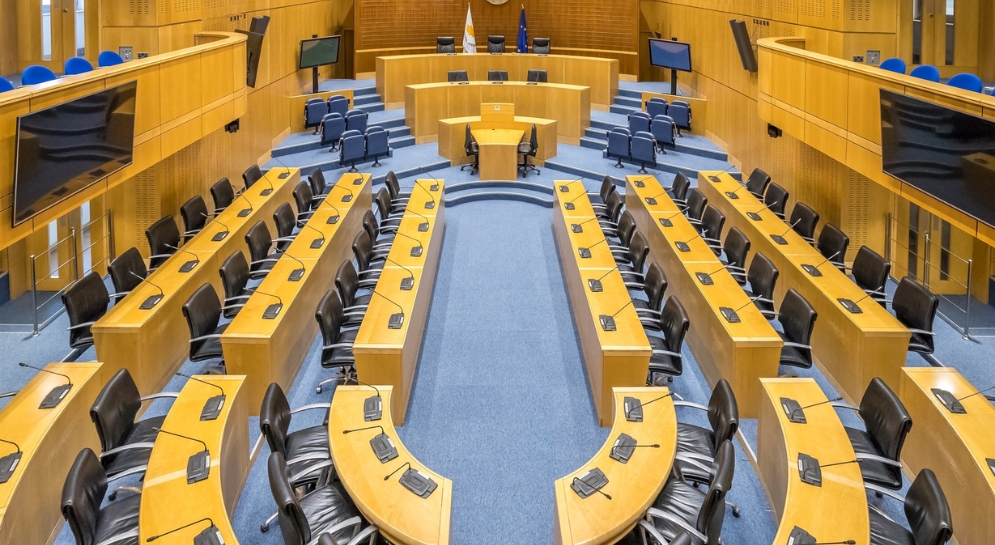
Interview with AKEL MEP Giorgos Georgiou – The EU turns a blind eye to surveillance/wiretapping
Sunday 4 September 2022, “AVGI” newspaper
The Vice-President of the PEGA Committee of the European Parliament Giorgos Georgiou speaks about the lack of genuine intention to solve the scandal on the part of the Greek government, announcing a fact-finding mission of the European Commission to Athens. As G.Georgiou stresses, the EU has formulated a sinister institutional framework that facilitates both companies and state institutions, but also parastatal situations, to break the law engaging in illegal activities, while he sheds light on the interconnection of the surveillance scandal in Cyprus with that of Greece.
A: The surveillance/wiretapping case in Greece is being put under the microscope of the PEGA Committee. What is the subject of the investigation? Do you think that the Greek government wants, as it says, the scandal to be cleared up?
GG: The Greek wiretapping case will officially come under the microscope of the PEGASUS Commission next week, when a special hearing dedicated to the Greek issue will be convened. At the same time, a European Commission fact-finding mission to the country is due to take place in the near future.
We are investigating the surveillance of journalists, political parties and, of course, the case of PASOK leader Mr. Androulakis. Issues such as those of surveillance/wiretapping/eavesdropping in Greece are being revealed by NGOs or journalists and, as usual, the user-governments of similar software systems stubbornly deny, in the first year, any involvement. The Mitsotakis government also did the same.
The resignations that followed, of course, simply revealed the tip of the iceberg. The Greek Prime Minister’s failure to take on clear political responsibility, the attempt to expand the inquiry Committee through a logic of offsetting surveillances, the refusal on the part of the Greek Government to respond with concrete evidence to the question that was put by the European Commission about the scandal that broke out, all testify, in my opinion, to a lack of real intention to bring the scandal to light.
A: Do you consider that questions are raised about the functioning of democracy and the rule of law? What possibilities does the EU have to intervene?
GG: The spy-surveillance software is not just another government illegal action. ‘Pegasus’ and ‘Predator’ together with all the surveillance/spy software are killing democracy, the freedom of the press, the presumption of innocence, the right to privacy, freedom of expression and association, our very own dignity…It does not only concern politicians, political parties and journalists, but civil society itself.
It has been admitted that former Presidents of the Republic, European Commissioners, high-level European officials, politicians, journalists and activists were being followed and monitored. I recall the murders of Maltese writer, journalist, blogger and anti-corruption activist Daphne Anne Caruana Galizia and Saudi journalist Jamal Ahmad Khashoggi. It has also been admitted that several European companies are involved in the development and dissemination of this spyware software.
I am not sure whether the EU is willing and indeed is able to change things. Through a series of laws, directives, regulations and intergovernmental agreements, it has formulated a sinister institutional framework that facilitates both companies and state institutions and parastatals to break the law unscrupulously. Whether by invoking “national security” or the “war” against terrorism and ‘radicalization’…
What is needed, therefore, is a strengthening of the inadequate institutional framework at an EU and national level. More transparency, scrutiny, oversight and accountability, with the imposition of stricter sanctions in the event of any violations with the possibility for victims to seek, and obtain, effective compensation for the damage they have suffered.
A: Before Greece, the erroneous spyware systems also operated in Cyprus. Is the problem of illegal surveillance widespread in Europe with software such as Predator or even more sophisticated [systems], as we read?
GG: There is a mountain of evidence regarding the link between Cyprus and the surveillance/wiretapping scandal in Greece. As if it’s a free-for-all, Israeli companies found fertile ground and due to the tolerance shown by the Cypriot government they developed their software at an experimental stage. The virus and erroneous practices of the illegal software reached Athens from Nicosia.
A year before the Khashoggi murder, the Israeli spyware firm NSO Group was “advertising” its software to Saudi officials in Limassol.
In 2019 a black spy van was arrested in another city in Cyprus collecting information and personal data. The case was eventually covered up. It has also been admitted that the company behind the black spy van, Cytrox, is linked to Intellexa, which is linked to the Androulakis Greek MEP wiretapping scandal.
The alarm bells are ringing loudly. Sessions of the Committees of Inquiry in the Greek Parliament and in the European Parliament will follow. That’s precisely where Cyprus, unfortunately, will be under scrutiny…
The illegal software systems are quite widespread in Europe4. At least nine EU member states produce and sell such systems, while the NSO Group admits that it has supplied them to agencies in 14 European countries. In Spain, the heads of the intelligence services have resigned, and there has been an admission of the use of this evil tool by the governments of Poland, Hungary and the Netherlands. And now Greece… Amnesty International has already revealed that these spy software systems have been in use for a decade, since the time of the ‘Arab Spring’…
A: What role does the EU’s institutional framework play with regards the extent of surveillance carried out by state agencies, the so-called ‘legal liaison’?
GG: Nation states have binding obligations under International Law for the protection of human rights from abuse by third parties. It is evident that the above obligations have never been respected in the EU – quite the opposite is true…
We live and operate in a European institutional environment which, under the pretext of the need to deal with terrorist phenomena, has promoted policies and legislation that undermine or endanger the privacy of citizens’ lives. Policies and provisions, such as ‘legal liaison’, may be convenient for certain state agencies, but have paved the way for mass ‘preventive’ surveillance, the lifting of personal data and privacy, the processing of personal data, the intrusion into the privacy of citizens’ lives.
The EU, like a Pontius Pilate, is shifting its responsibilities on to the member states. And they in turn are shirking their own responsibilities. Despite the fact that the evidence of illegal activities/actions is glaring. And this is precisely where Cyprus and Greece are playing a leading role…




